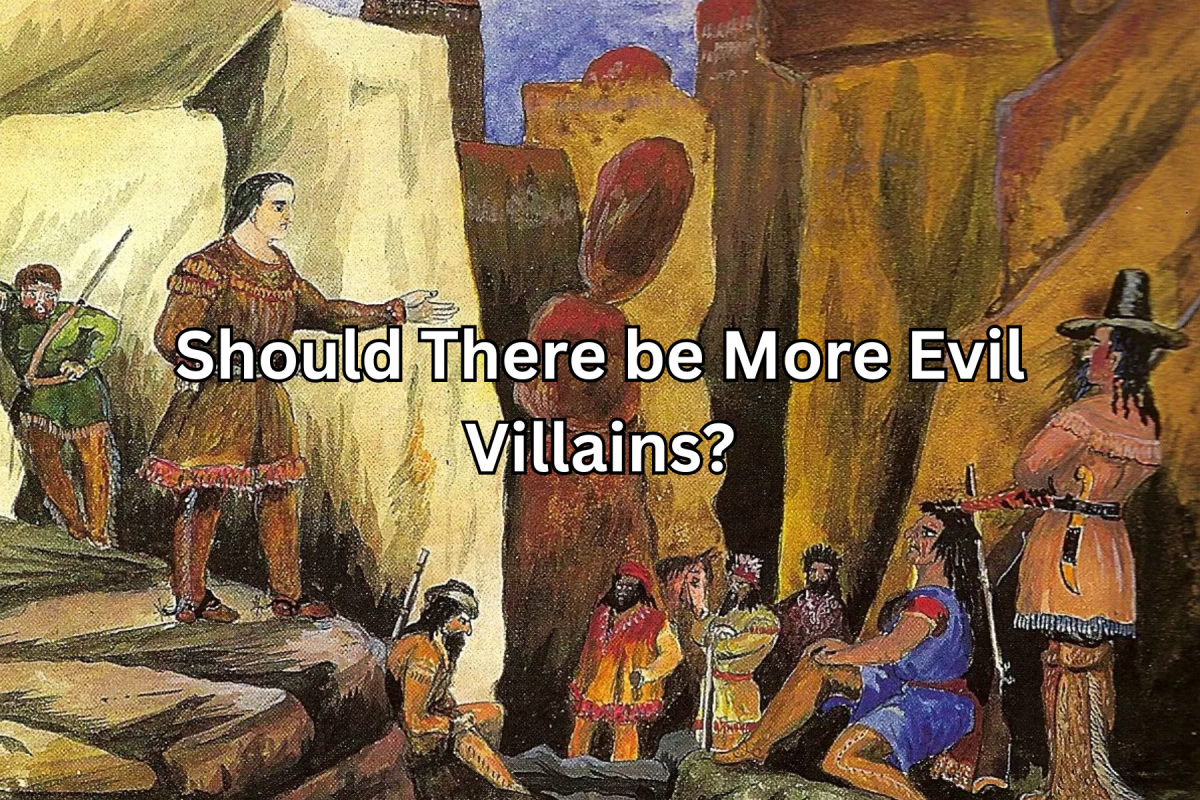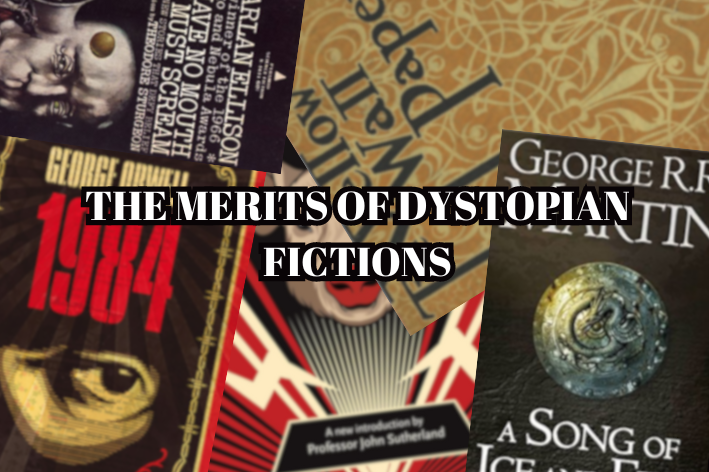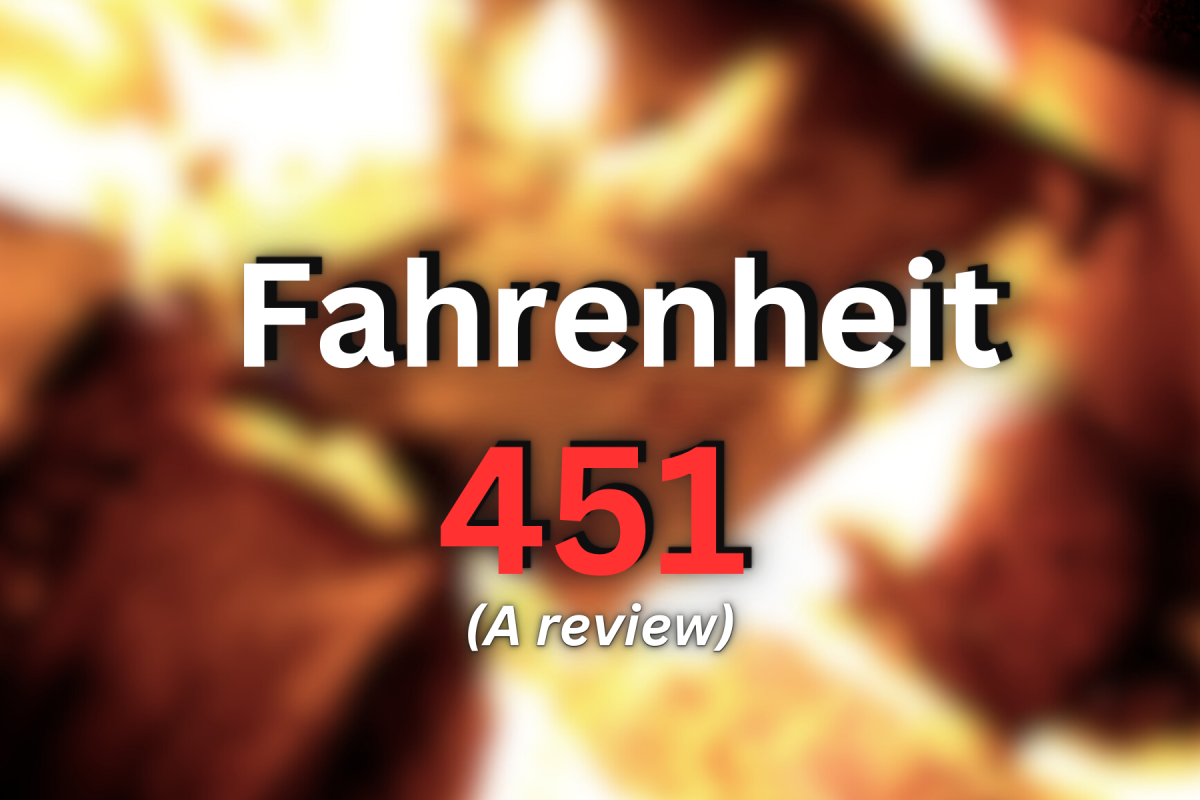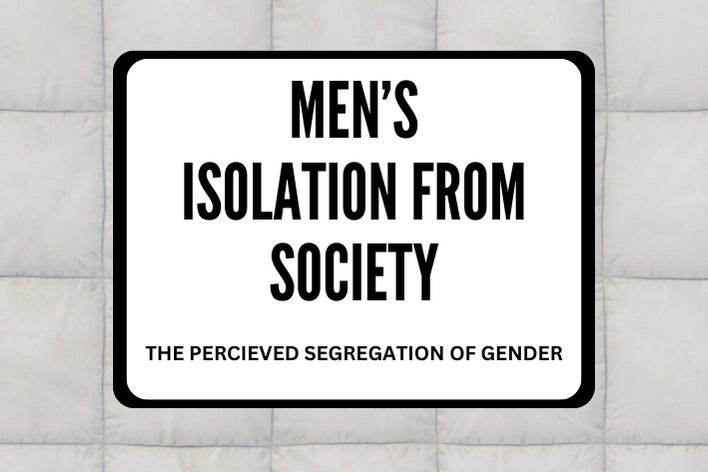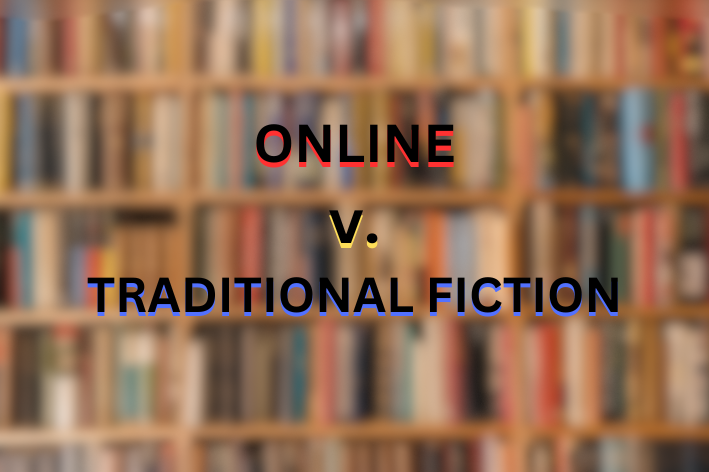Immediately, you’ll notice the oxymoron present in that sentence, but it’s only oxymoronic until you get some of the added and necessary context to understand my point. There’s been a gradual upheaval in story-telling where villains are less… well- villains, and more victims of fate. Not a bad trope, in fact, it’s a trope because it’s a very good story-telling device, but it’s become -more and more used everywhere you look.
“They have something that they’re actually going off of, something meaningful, that made them turn out… blegh.” Ivie Taylor, a Senior at Great Bend High School, said on the topic. “It shows the emotions that they have and not just this one character that they’re supposed to pull off,” Taylor continued.
In Marvel, there’s Thanos, a mad-titan who killed half of all life because he saw it as the only way to solve the fact that there weren’t enough resources to go around. More recently, in gaming there was Odin in God of War Ragnarok, who was an objectively bad person blinded by the fear of the unknown. In horror, the entire concept of a Predator–from the films of the same name–is based on honorable combat.
There are even things like “The Fox and The Hound,” where becoming friends with someone is used as a villainous trait. “The backstory of the Fox, becoming friends with the dog and then the owner chasing it away [sic] is like discrimination. He’s discriminating against the fox because of what they know of the fox.” Stated Deanna Blaire, another student at Great Bend High School. “It doesn’t let the fox truly be itself, like it wants to become friends, it’s friendly, but it gets pushed away.”
Fact is, there are a lot of villains that are some sort of ‘sympathetic’, or at least not ‘puppy-kicking’ levels of evil. You can be allowed to kill millions in fiction and still have people wonder if ‘hey, maybe they were right’ because there is a layer of separation between the media we consume and the world we live in. Which, by natural consequence, makes it easier to write a villain people will like than to write a villain people will hate. Hate, as in, genuinely despise a character, not dislike them narratively.
Let me explain.
Authors like to have their cake and eat it too. Scroll any novice writing forum and you’ll find dime a-dozen villains who put people through agony without end and are simultaneously just ‘good soldiers following orders’ who get allowed a redemption arc. People don’t like plain old amoral characters, because it’s often seen as the low-hanging fruit. I mean- would you rather have a character that’s as deep as a bowl of soup, or a character who’s as rich as a brilliant bowl of roast?
It’s an easy question to answer for most, but what if I told you that you can have a purely evil character have depth? That might sound antithetical to the very concept of “pure evil”, as most people associate depth with multifaceted morals, but this isn’t always the case.
We see it a lot more often with protagonists who are pure good. Spiderman, for instance, is a beloved character who is often held as a paragon of morality, but no one will say he’s a character without some depth. He’s a nerd, sucks at relationships, and generally is a workaholic. All of these traits have nothing to do with what philosophy he subscribes to and merely reinforce his character.
The opposite side of this, the side relevant to this story, is where you can find all the Judge Holden’s of fiction. For those who haven’t read “Blood Meridian;” or, “The Evening Redness in the West”, it’s one of the darkest stories in western fiction. Written by the same mind behind “No Country for Old Men,” “Blood Meridian” is a despicable tale with an even more insidious villain. Judge Holden, an almost biblical figure who seems to follow the main character like a black omen, is a very bad person.
The very first scene we have of him involves him tricking a tent of church-folk into shooting their pastor and breaking out an all-out brawl by falsely claiming to be a law-man from Arkansas who’s after the father for having, quote, “relations with a goat.”
That was probably the kindest thing he did. The only tragic part of Judge Holden’s backstory is the fact he’s a seven-foot-tall possibly albino man, and his appearance was never used for sympathy but rather as an example of his inhuman characteristics. A man so vile could never have been anything but monstrous.
Granted, his evil is not nearly on even half of the scale that villains like Thanos find themselves inhabiting, but while reading of his exploits I found myself hating him more than the mad-titan’s writers could ever hope. With Thanos, and other villains, I did not hate them, or even really feel strongly in one direction or the other. That, in my eyes, is the greatest tragedy of a villain.
Meanwhile, with Holden, I despised him, and he is easily the best example of a truly evil villain. There is merit, there is purpose, for evil villains, and it’s giving the readers or viewers a direct object for their hatred. Pieces of media work best when they make us feel strongly or self-reflect, and a neutral antagonist can’t as easily do both as an evil one.

